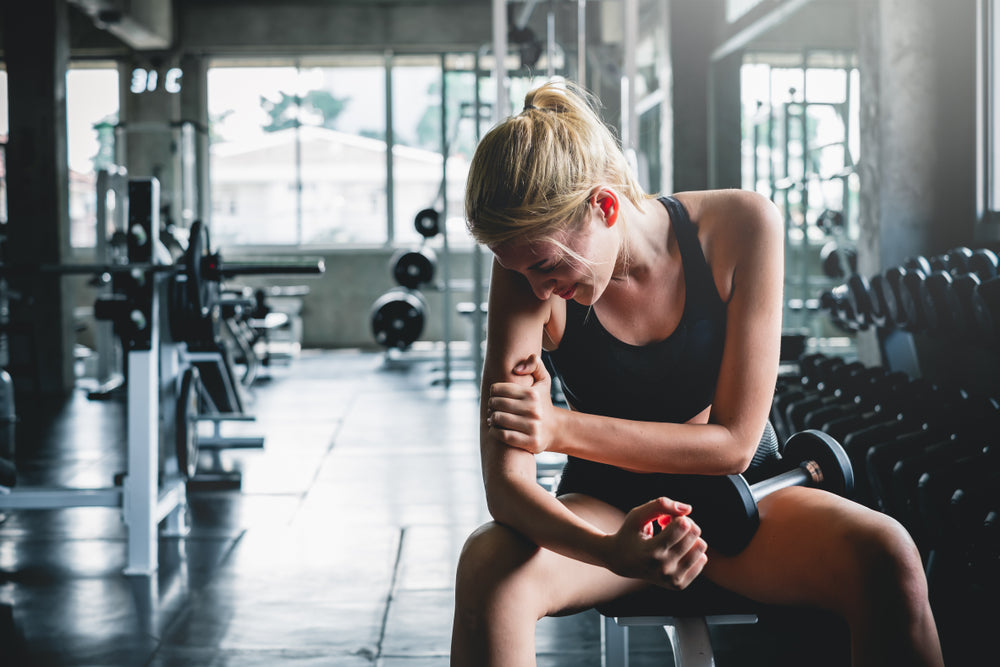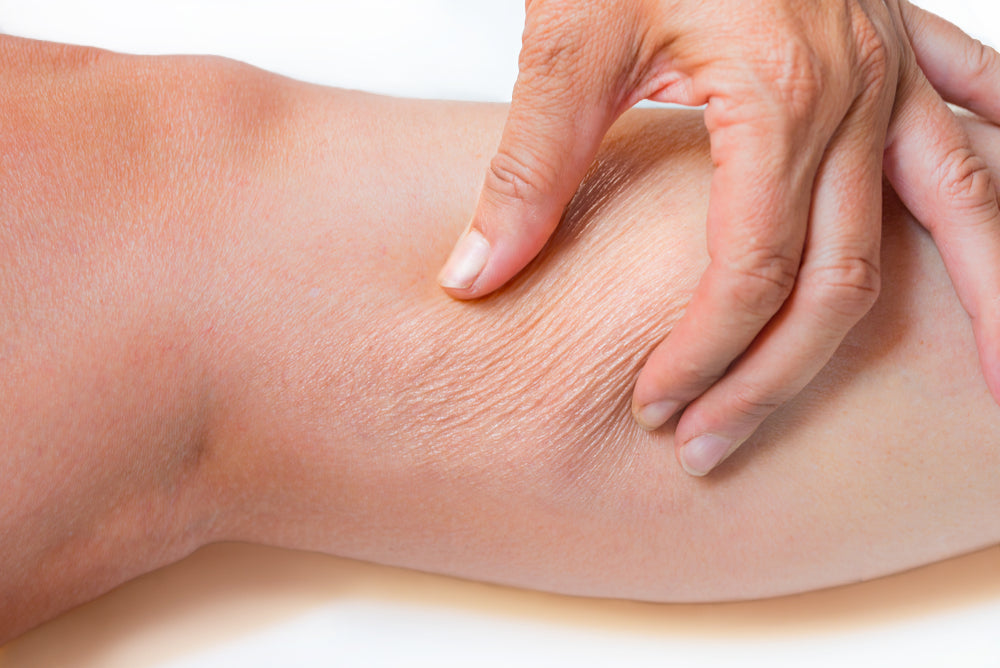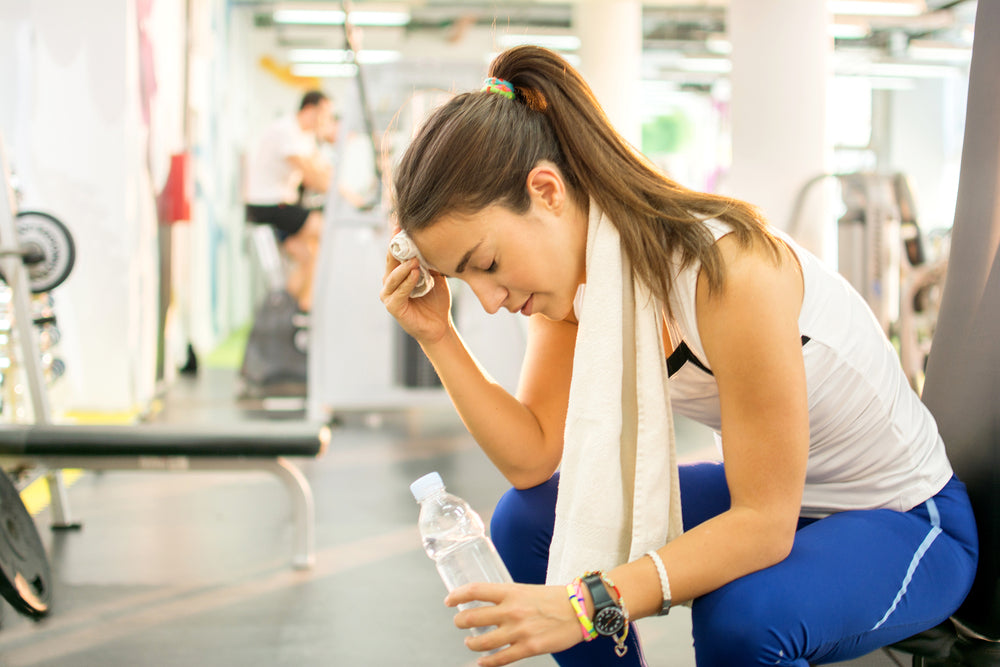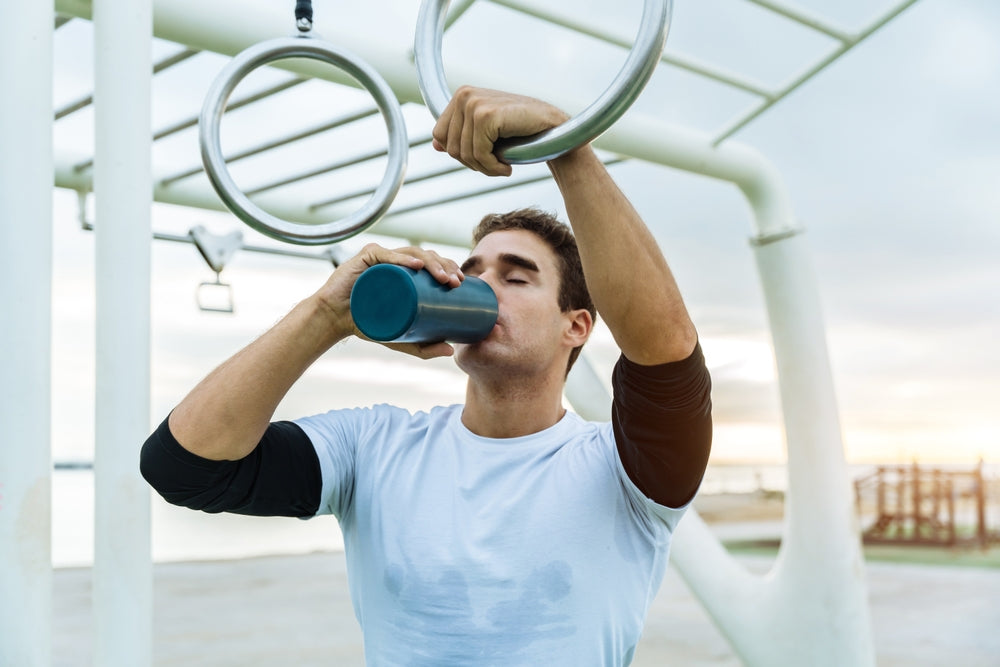FREE SHIPPING ON ALL ORDERS OVER $150
ONLY
$150.00 AWAY FROM FREE SHIPPING!
ONLY
$150.00
AWAY FROM FREE SHIPPING!
ONLY
$150.00 AWAY FROM FREE SHIPPING!
ONLY
$150.00 AWAY FROM FREE SHIPPING!
ONLY
$150.00 AWAY FROM FREE SHIPPING!
YOU HAVE EARNED FREE SHIPPING!














